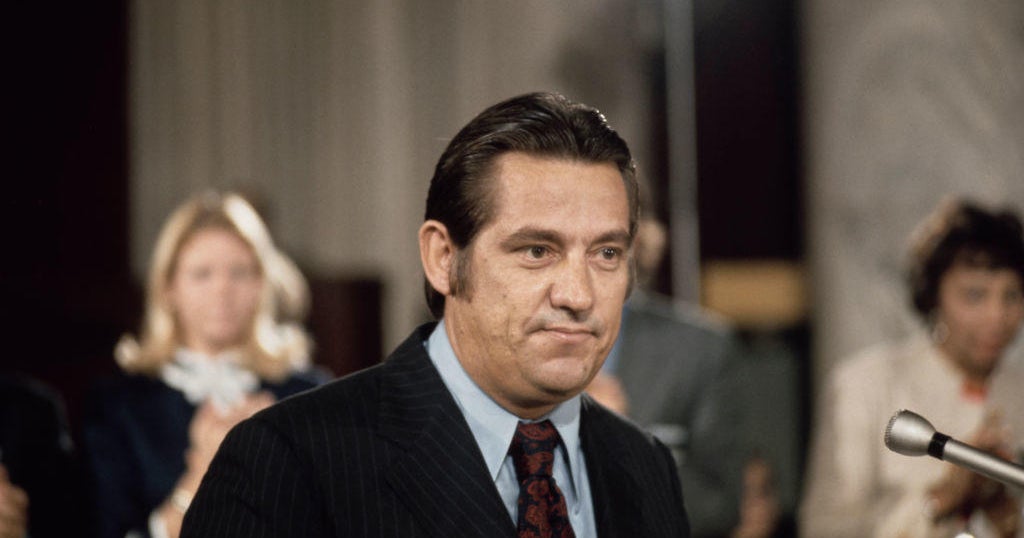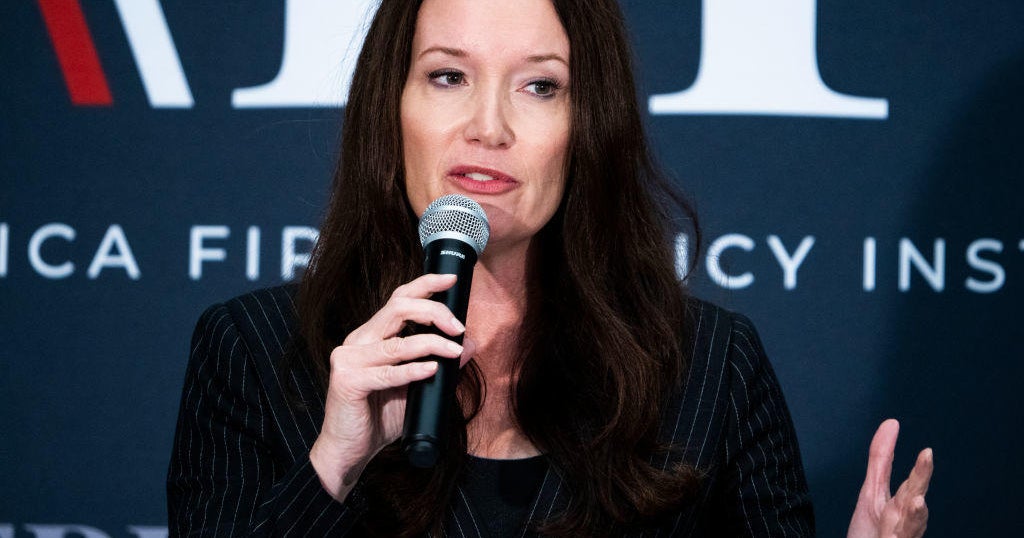CBS News poll analysis: Does Elizabeth Warren have room to grow?
Joe Biden and Elizabeth Warren are neck and neck in the race for Democratic votes in the early primary and caucus states, but when it comes to voters' second choice, Warren currently holds a clear advantage. A plurality of Democratic likely voters name Warren as their second choice in each of the four earliest contests, as well as in the aggregate among the 18 states in the CBS News/YouGov Battleground Tracker poll.
Voters' second choices are important in fluid races with plenty of candidates, which is true of the 2020 Democratic primaries. While a handful of candidates have dropped out in recent weeks, there are still 20 candidates vying for the nomination.
Where will voters go if their preferred candidate loses his or her viability or leaves the race? Their second choices offer some clues, and the latest data indicate that Warren's base of support has a lot of room to grow, even more than it has already.
Let's look at first choices. Warren and Biden have each been chosen by one quarter of Democratic likely voters when we ask which candidate they would vote for if their state's contest were held today. Warren currently has a slight edge, with 26% of voters choosing her compared to Biden's 25%.
When it comes to second choices, Warren has a more pronounced lead. A 25% plurality pick her second. In other words, 25% of voters who are considering Warren but pick someone else as their first choice choose her second. (After asking voters for their first choice among candidates they're considering, we asked for their second choice among the remaining candidates.)
Bernie Sanders was named as a second choice by 17% of voters, Kamala Harris by 14%, and Biden by 13%. All of the other candidates are in the single digits, as are their first-choice numbers.
Warren's second-choice advantage holds in each of the four earliest nominating contests: Iowa, New Hampshire, Nevada, and South Carolina.
She does particularly well in Iowa, where being a voter's second choice has significant implications. In the Iowa caucuses, when a voter's candidate is no longer viable, the voter can decide to back one of the other viable candidates.
Among Iowa Democrats who tell us they're planning to caucus and name their second choice, 29% name Warren, 15% Sanders, 12% Biden, and 11% Harris. (All other candidates are in single digits.) Among supporters of Sanders, Harris, and Buttigieg in Iowa, a higher number pick Warren second — approximately four in ten.
In all the early states, Warren's aggregate second-choice numbers are driven by supporters of the other leading candidates. She does particularly well among Bernie Sanders' supporters: 45% name her as their second choice. Among Biden and Harris supporters alike, about a third pick Warren second. This number is not as high among other candidates' supporters: closer to one quarter of them pick Warren second.
By contrast, Biden is only picked second by one in five Warren, Sanders, and Harris supporters. In fact, no one other than Warren is named second by as much as a third of another candidate's supporters. Sanders comes closest with 30% of Warren's supporters picking him second. This is an indication of the substantial overlap in support between these two candidates at the progressive end of the range of Democratic candidates.
What about Democrats who currently support someone other than the two leading candidates, Warren and Biden? Among this group, Warren has a distinct advantage in second choice. They are twice as likely to pick her second than Biden (34% to 17%).
This advantage holds in each of the three earliest nominating contests: Iowa, New Hampshire, and Nevada. However, in South Carolina, where Biden enjoys a large lead in current vote choice, he's also picked second by a 29% plurality of voters who don't pick him or Warren first.
Taken as a whole, these data points suggest that Warren's support may increase further if voters switch from their first choice, particularly among those who currently back one of the leading few candidates. We have already seen this kind of movement, evident when we recontacted voters we polled in July.
Back in July, 38% of voters were considering both Warren and Harris. Put differently, two in three Harris backers were also considering Warren. Among these voters, 42% have since switched their first choice to Warren. Overall, 5% of voters we polled in July have switched from Harris to Warren, accounting for one in six of all switches we've observed since July. This movement has a lot to do with Warren's rise in support over the summer and into the fall.







